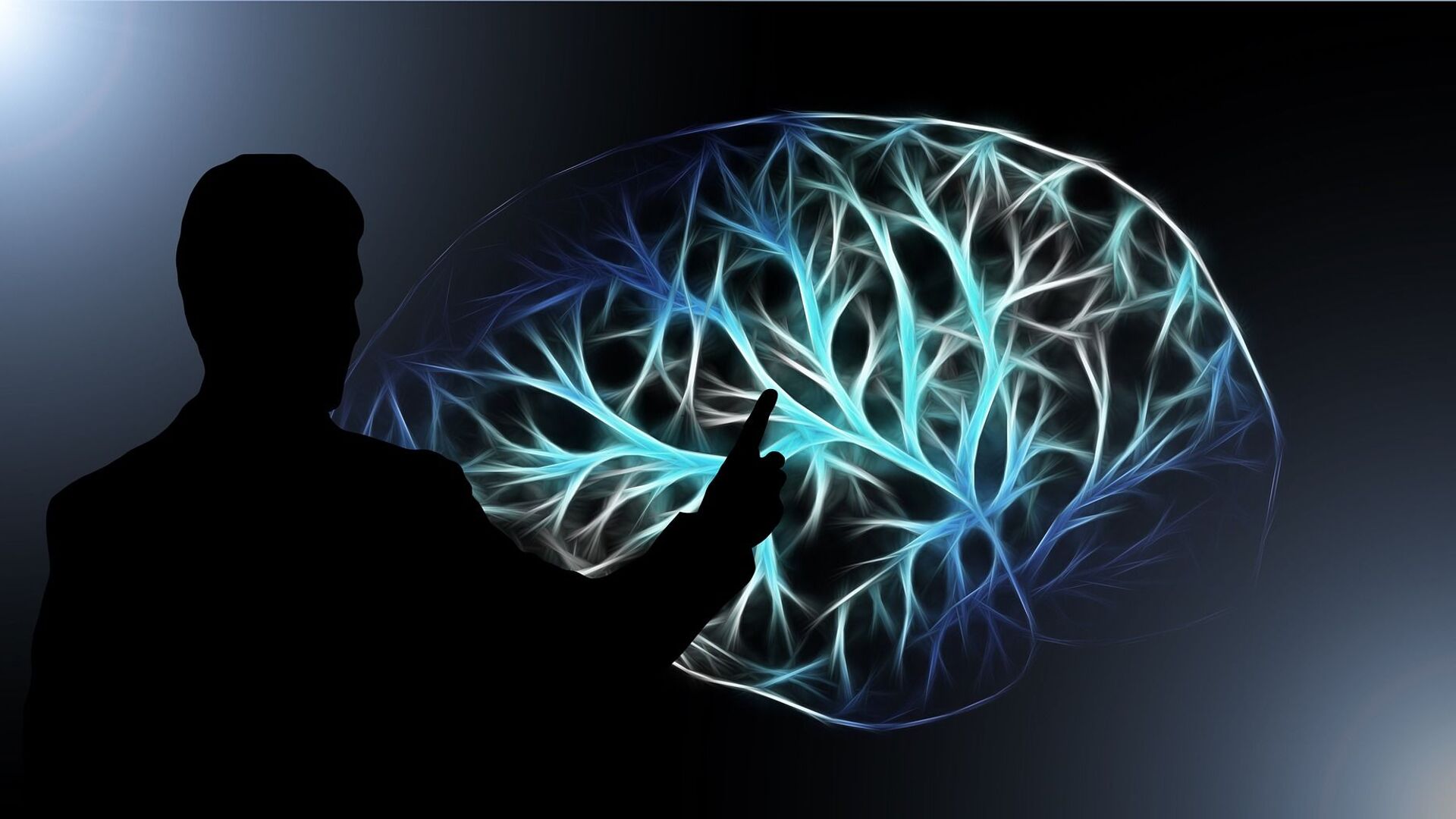https://sputnikglobe.com/20220815/scientists-explain-why-taxing-mental-work-wears-you-out-1099612504.html
Scientists Explain Why Taxing Mental Work Wears You Out
Scientists Explain Why Taxing Mental Work Wears You Out
Sputnik International
The researchers did not propose any fancy ways of dealing with mental fatigue, although one of them pointed out that rest and sleep are “good old recipes” for... 15.08.2022, Sputnik International
2022-08-15T11:30+0000
2022-08-15T11:30+0000
2022-08-15T12:16+0000
science & tech
human brain
exhaustion
study
https://cdn1.img.sputnikglobe.com/img/07e4/0c/1d/1081594306_37:0:1884:1039_1920x0_80_0_0_1b06d7f183250fc27c215ab627b2168a.jpg
A team of scientists has discovered a likely explanation for why one may feel exhausted after engaging in intense cognitive work.In their study, published in the Current Biology last week, the researchers argue that intense cognitive work, when it lasts for several hours, results in the buildup of potentially toxic byproducts in the prefrontal cortex part of the human brain, which then affects a person’s behavior.During the course of their research, the team employed magnetic resonance spectroscopy to monitor the brain chemistry of two groups of people during a workday, with one group performing easy cognitive tasks while the other engaged in more complex mental activities.Only the latter group ended up exhibiting signs of fatigue, as well as a tendency to favor “options proposing rewards at short delay with little effort,” as the news release put it.Furthermore, members of that group had higher levels of glutamate in the synapses of the prefrontal cortex, leading the researchers to suggest that the accumulation of glutamate “makes further activation of the prefrontal cortex more costly,” and thus a mentally exhaustive workday makes cognitive control more difficult.Unfortunately, there seems to be no fancy way to deal with this problem other than the tried and tested method that is probably as old as history itself.
https://sputnikglobe.com/20220811/child-survives-after-7-minutes-without-blood-flow-to-brain-during-surgery-us-cardiologist-reveals-1099488943.html
Sputnik International
feedback@sputniknews.com
+74956456601
MIA „Rosiya Segodnya“
2022
News
en_EN
Sputnik International
feedback@sputniknews.com
+74956456601
MIA „Rosiya Segodnya“
Sputnik International
feedback@sputniknews.com
+74956456601
MIA „Rosiya Segodnya“
science & tech, human brain, exhaustion, study
science & tech, human brain, exhaustion, study
Scientists Explain Why Taxing Mental Work Wears You Out
11:30 GMT 15.08.2022 (Updated: 12:16 GMT 15.08.2022) The researchers did not propose any fancy ways of dealing with mental fatigue, although one of them pointed out that rest and sleep are “good old recipes” for tackling the problem.
A team of scientists has discovered a likely explanation for why one may feel exhausted after engaging in intense cognitive work.
In their study, published in the Current Biology last week, the researchers argue that intense cognitive work, when it lasts for several hours, results in the buildup of potentially toxic byproducts in the prefrontal cortex part of the human brain, which then affects a person’s behavior.
“Influential theories suggested that fatigue is a sort of illusion cooked up by the brain to make us stop whatever we are doing and turn to a more gratifying activity,” Mathias Pessiglione of Pitié-Salpêtrière University in Paris, said as quoted in a news release by Cell Press. “But our findings show that cognitive work results in a true functional alteration—accumulation of noxious substances—so fatigue would indeed be a signal that makes us stop working but for a different purpose: to preserve the integrity of brain functioning.”
During the course of their research, the team employed magnetic resonance spectroscopy to monitor the brain chemistry of two groups of people during a workday, with one group performing easy cognitive tasks while the other engaged in more complex mental activities.
Only the latter group ended up exhibiting signs of fatigue, as well as a tendency to favor “options proposing rewards at short delay with little effort,” as the news release put it.

11 August 2022, 16:41 GMT
Furthermore, members of that group had higher levels of glutamate in the synapses of the prefrontal cortex, leading the researchers to suggest that the accumulation of glutamate “makes further activation of the prefrontal cortex more costly,” and thus a mentally exhaustive workday makes cognitive control more difficult.
Unfortunately, there seems to be no fancy way to deal with this problem other than the tried and tested method that is probably as old as history itself.
“I would employ good old recipes: rest and sleep!” Pessiglione remarked. “There is good evidence that glutamate is eliminated from synapses during sleep.”





